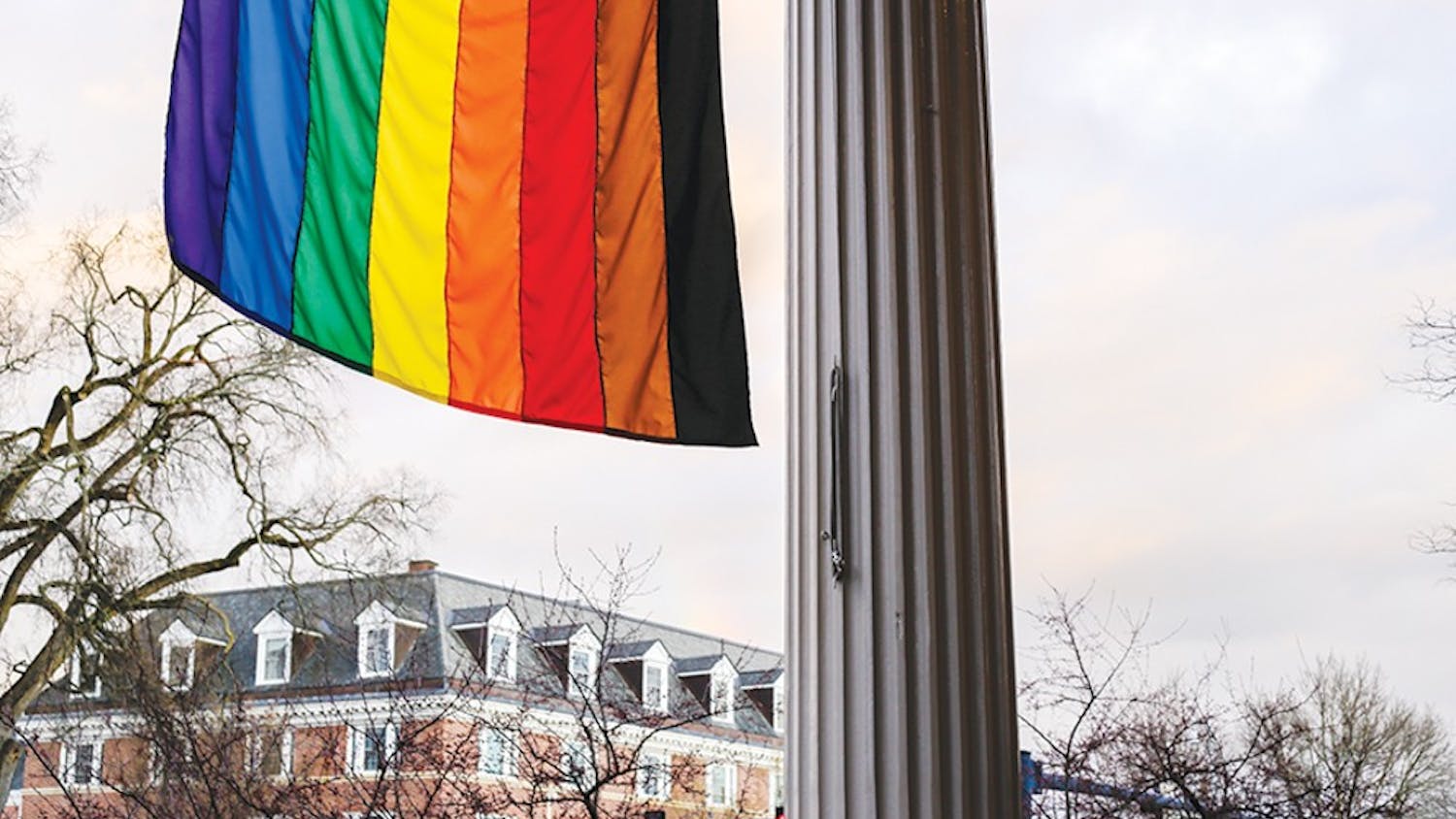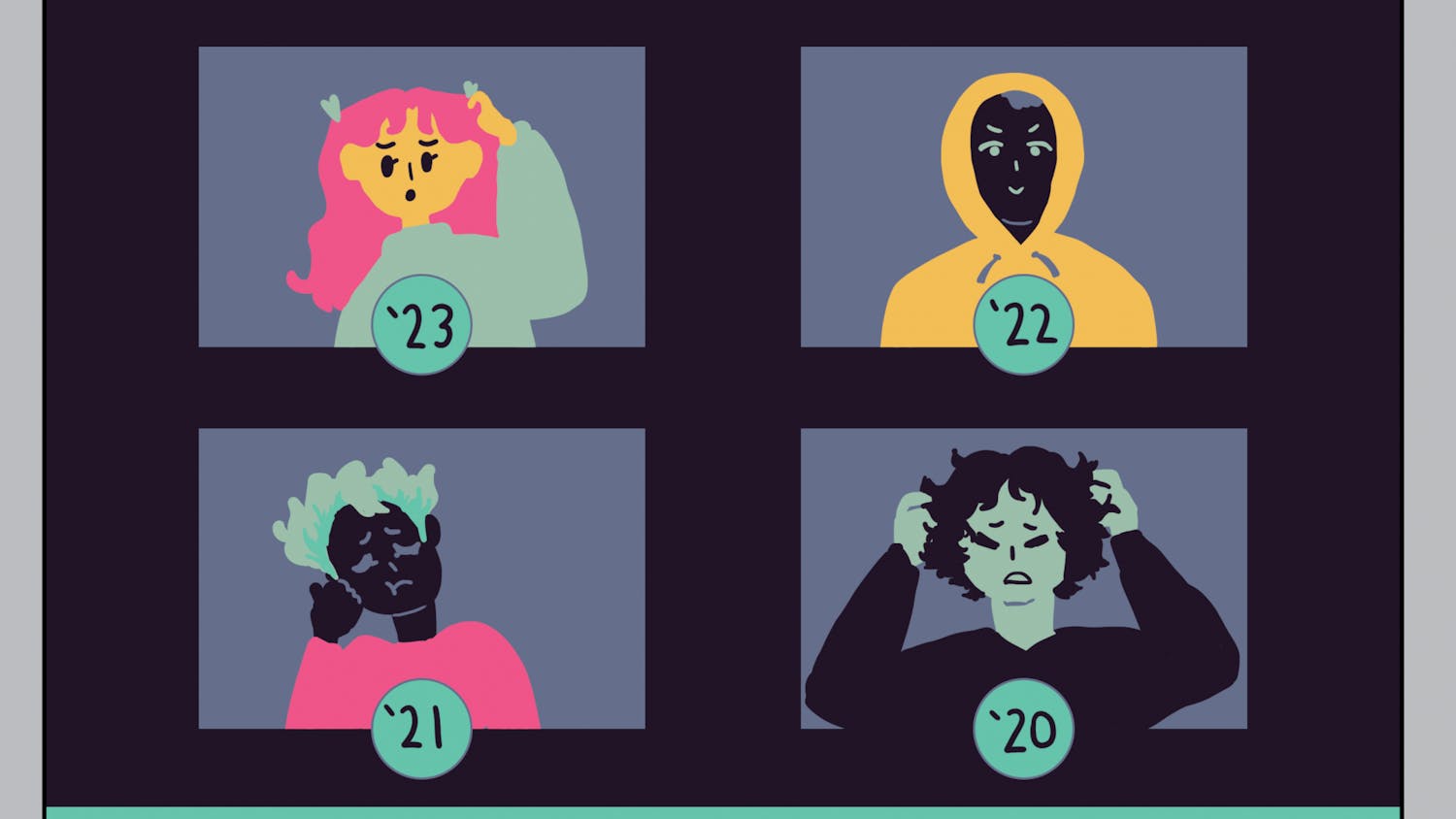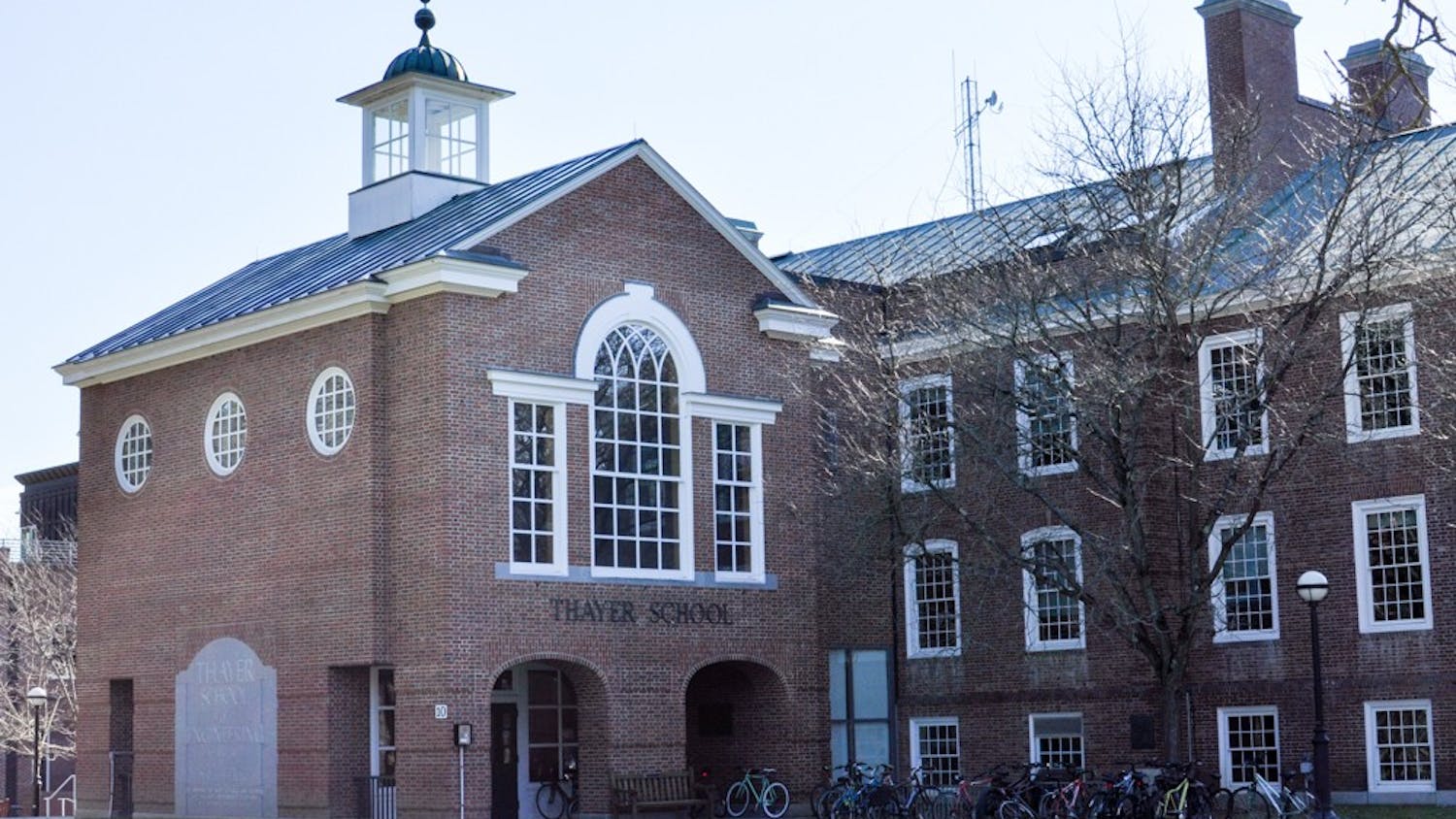A team of Dartmouth engineering students won the award for best technical paper in NASA’s Breakthrough, Innovative and Game-changing Idea Challenge, or “BIG Idea Challenge.” Their winning idea proposed lunar space exploration robots that can connect with other robots when stuck on rough terrain. It is the second consecutive year that a Dartmouth team, led by engineering professor Laura Ray, has won a NASA BIG Idea award.
On Jan. 11, the Dartmouth team took home first prize for its technical paper out of eight finalists. The group, which was led by graduate student Adam Gronewold, includes Chris Lyke ’21, Margot Généreux ’21, Grace Player ’21, Andrew Skow ’21 and graduate students Joshua Elliott, Austin Lines and Philip Mulford.
Teams were tasked with creating lunar exploration technology concepts that could be used to find water on the south, or “dark,” side of the moon. As NASA is planning on going to the moon in 2024 with the eventual goal of establishing a permanent human presence, the project asked university students to create a lower-cost solution to help find resources and explore the terrain. Since making the finals last year, where they were the only liberal arts college represented, the Dartmouth team received $80,000 to continue the project and build their robot.
Their idea, SHREWs — Strategic Highly-compliant Roving Explorers of other Worlds — is inspired by the rodents of the same name, which link up mouth to tail in a line to stay together. Gronewold explained that the Dartmouth team identified terrain to be one of the largest challenges in creating a robot capable of finding water while not getting stuck or damaged. The SHREW idea addresses this challenge by creating a robot that is capable of attaching to another rover to free itself.
“If the vehicle were to become stuck, it could actually change the wheelbase or the length of the rover and push and pull itself out of that immobilizing surface,” Gronewold said.
The team faced significant challenges when the College shut down in March due to COVID-19. Team members scattered across the country, which presented difficulties in physically creating and testing the robot. Due to lack of a physical lab space, the machine shop at the Thayer School of Engineering made materials and shipped them to Lyke and Gronewold so that they could begin building the robot, according to Généreux.
“I actually never saw most of the team members face to face until the fall, so all of the initial planning for the project and the initial design was done over Zoom, which was tough,” Lyke said.
The team had also begun to plan a trip to a NASA lab site to test their robot but had to cancel due to the pandemic.
In the fall, team members returned to Hanover, but they still did not have access to lab space to work together. Instead, they worked in Ray’s garage.
“Fortunately, the weather cooperated,” Ray said, noting that the team was blessed with space in both the garage and the yard to “test things.”
The team used the phrase “garage band robotics” to describe their building process, referencing the space they were working in.

Without lab space due to COVID-19, the team set up shop in faculty advisor Laura Ray's garage.
Ray said she was impressed with the team’s ability to persevere and successfully create technology capable of functioning in outer space in such small quarters.
Lyke, Généreux, Player and Skow said that the opportunity to learn alongside Ph.D. students was challenging but highly rewarding.
“The Ph.D. candidates that we were working with had multiple years of experience working on building robots … so it was a really steep learning curve,” Player said. “But it's really nice that the Ph.D. students tried to bring us up to speed as best they could.”
Gronewold said the team split up work according to individual areas of strength, which he said is common in engineering projects. For example, some worked on concept, others on design and others on the mechanical control or the prototype. He noted that all members, including the undergraduate students, were able to contribute a significant amount to the project.
“I think what we were able to achieve in the given time, and under the circumstances we had, is a pretty strong representation of the ability of students at Dartmouth to overcome adversity and still shine and produce something that's very high quality work,” Gronewold said.
The team is now pursuing additional funding to continue their work on the SHREW project. So far, they have built two robots and hope to eventually create a caravan.
The project has also helped inform some of the undergraduate team members’ career plans.
“[The project] really has shown me possible paths for the future,” Généreux said. “... There was a conference — a panel discussion — with a lot of different people that work at NASA, and I was just really excited to be able to hear their paths and possibly see a future in aerospace engineering through that.”
Skow said that being a part of this project has helped him realize the impact a Dartmouth student can have on something as important as NASA’s quest for space exploration, which has led him to see new opportunities in his own career path.
“[Space exploration] had been a childhood dream,” Skow said. “Everyone when they’re a kid wants to be an astronaut at some point. Most people grow out of that, and I did too in my own way, but part of me had always continued to be interested in space.”
Correction appended (Jan. 22, 2020): A previous version of this article misspelled Gronewold on second mention. The article has been updated to reflect the correct spelling.

Manasi Singh '24 is from Cincinnati, Ohio. She is majoring in anthropology and politics, philosophy and economics. At The Dartmouth, she wrote for news and Mirror but later transitioned to the business staff. Manasi now serves as the Publisher.




